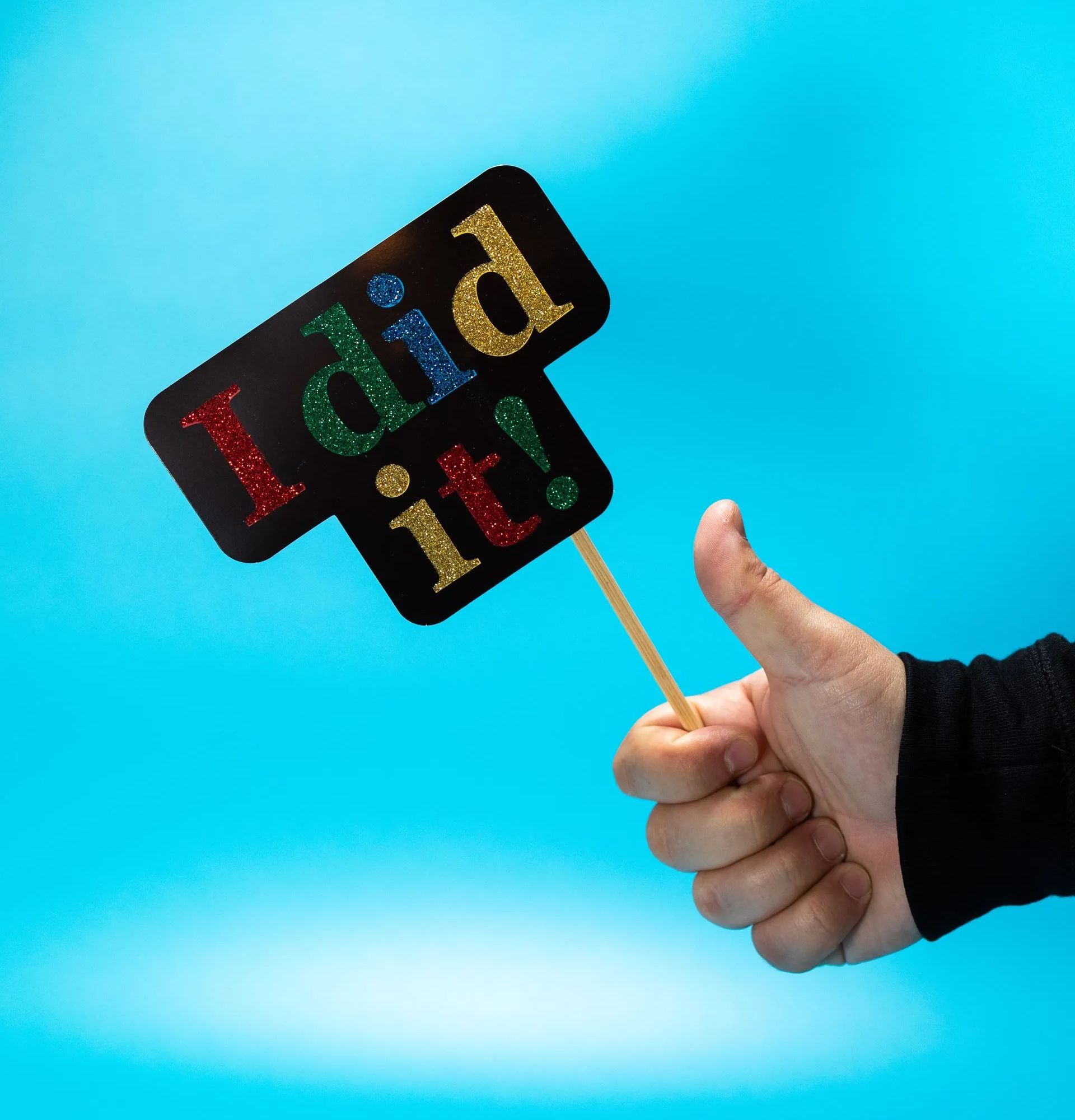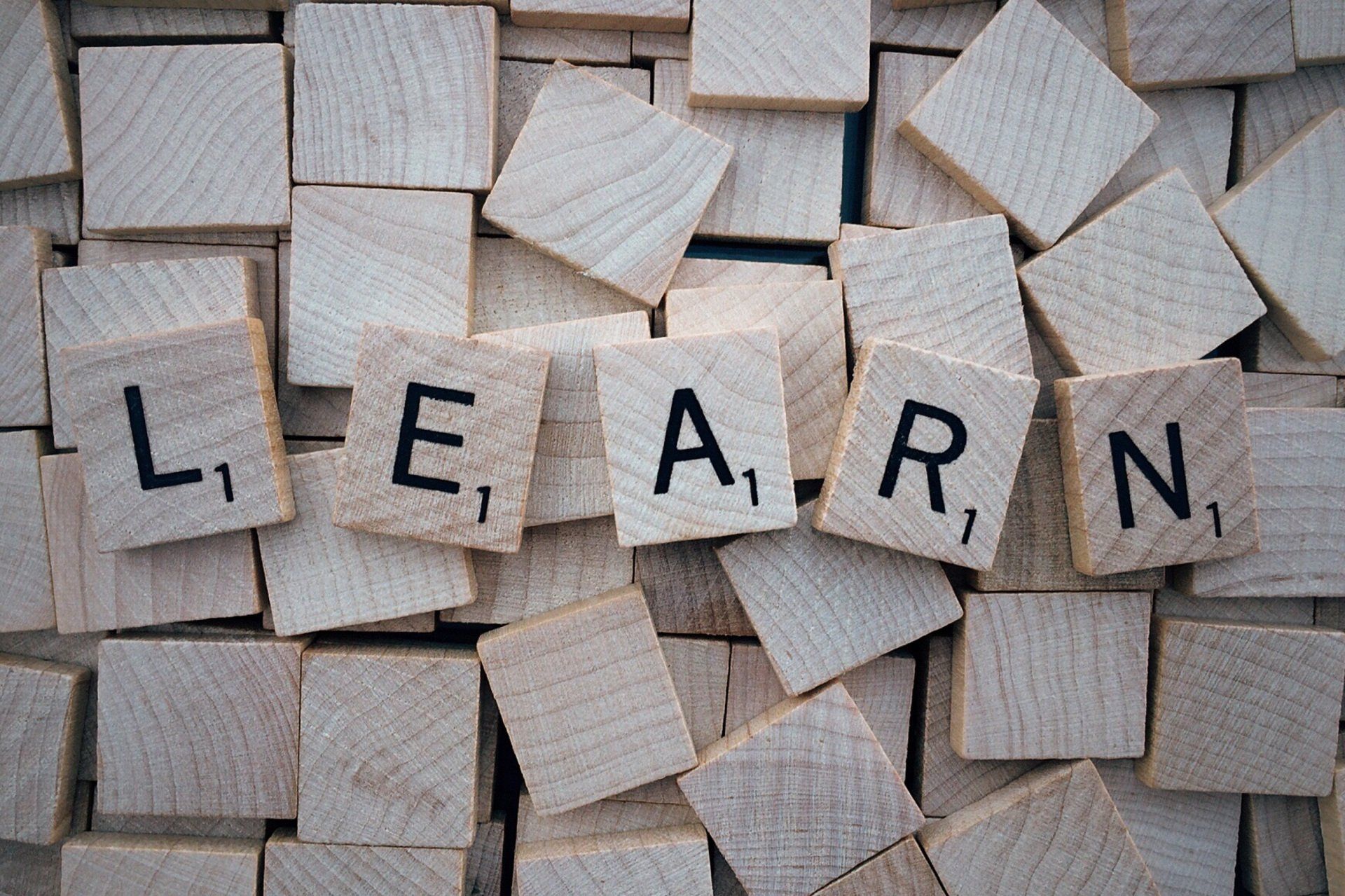Have You Celebrated Your Achievements Enough This Year?
If Not, Now Is the Time

What have you achieved in the past year?
If you’re struggling to answer, you’re not alone. If it’s not something you usually think about, this line of thinking might not come naturally. Don’t be despondent. You've probably achieved more than you give yourself credit for.
Why do we find it so hard to recognise our successes? Why does it matter? And how can we recognise our achievements with more regularity?
Negativity Bias
Do you focus more on what has gone wrong with a project rather than what went well? Do you tend to lean more towards pessimism than optimism?
Studies show our brains respond more to negative situations than positive ones. This predisposition is known as negativity bias.
Negativity bias worked well for our ancient ancestors when they had to be vigilant for predators. While our Saturday morning supermarket trips can feel like an ordeal, it's nothing compared to the danger of meeting the jaws of a sabre-tooth tiger while looking for breakfast.
This state of alert made us more sensitive to adverse outcomes, and this trait passed down through the generations.

The Impact of Negativity Bias
If you only focus on the negative, this will affect your motivation and the decisions you make. When you see only the downsides, your confidence can become dented. If you have low self-esteem, you may be swayed even more by negativity bias.
Suppose you started studying for a new qualification. You’ve sweated over your first essay, submitted it and received the grade and feedback. The comments are generally good, but there are a couple of points with constructive criticism.
Which comments weigh on your mind? Does the positive feedback get barely a passing glance? Do you fixate on the mistakes?
Rather than let the positive comments slip through your fingers, allow space for them. It’s OK to feel happy about a compliment or praise. It doesn’t mean you close your ears to unfavourable feedback. But recognising the positive aspects helps you to feel more confident that you can improve in other areas.
Practice Gratitude
It seems like everyone talks about gratitude in the wellness industry. It’s not a silver bullet, but a daily gratitude list can positively impact wellbeing. Implementing a gratitude practice will encourage you to seek out more of the positive elements of your life.
There are many ways you can practice gratitude. If you love stationary, you might be motivated by investing in a beautifully illustrated gratitude journal or prompt cards. But it can be as simple as thinking of three things you’re grateful for at the end of each day. You could even involve family members to inspire each other. Guided gratitude meditations also have the bonus of helping you to relax.
There are no rules to what you can show gratitude for. It could be the roof over your head, the meeting that went well that day, or how the light shines into your kitchen window on a sunny morning.
Share gratitude toward others. Showing appreciation for someone else makes you and the other person feel good.

Recognise Small Wins
Achievements don’t have to mean those big moments. These occasions are rare, but little wins can lift our spirits when we pay attention to them.
The problem with the small wins is they can disappear into oblivion. Your year may be full of these tiny successes, but how many will you remember? One way to remind yourself of your achievements is to create a small wins jar. Write down what you've achieved on a piece of paper. Fold it up and place it into a jar.
At the end of the year, six months or three months, empty the jar and read about your successes. If you prefer paperless, create a digital list. The idea is to create reminders of your wins. If you're working towards a goal, this can be an excellent way to observe how far you've come.
Goals work better when you break them down into a series of mini-goals. Big goals can be overwhelming, but smaller, more manageable steps will help you recognise your progress and keep you motivated.

Embrace Failure
Things don’t always go to plan, but instead of dwelling on the perceived failure, search for the positives you can take from it.
When SpaceX Starship exploded shortly after launching in April 2023, it didn't stop the staff from cheering. Why? Here is what they said about it on their website:
“With a test like this, success comes from what we learn, and we learned a tremendous amount about the vehicle and ground systems today that will help us improve on future flights of Starship.”
As far as SpaceX is concerned, it seems success occurs after failure. Think about instances when you've hit a snag. How did these help your future progress?
Final Thoughts
Reviewing and recognising your successes may not be instinctive, but it's worth cultivating. It can boost your self-belief and your motivation.
Acknowledging success is not just the domain for the high-achievers or the big moments. Practising gratitude and noticing the small wins will help train your brain to overcome negativity bias and search for the positive.
Honouring achievements does not mean you think you're invincible or have nothing to learn. It proves your learning capability so you can work on areas for growth with confidence in yourself.
Don’t wait for another year to pass. Start celebrating your achievements now.

Thanks for reading. I’m a freelance content writer intent on sharing knowledge to help us work and live better. If you’re a business looking to create wellbeing or personal development content, please get in touch.









